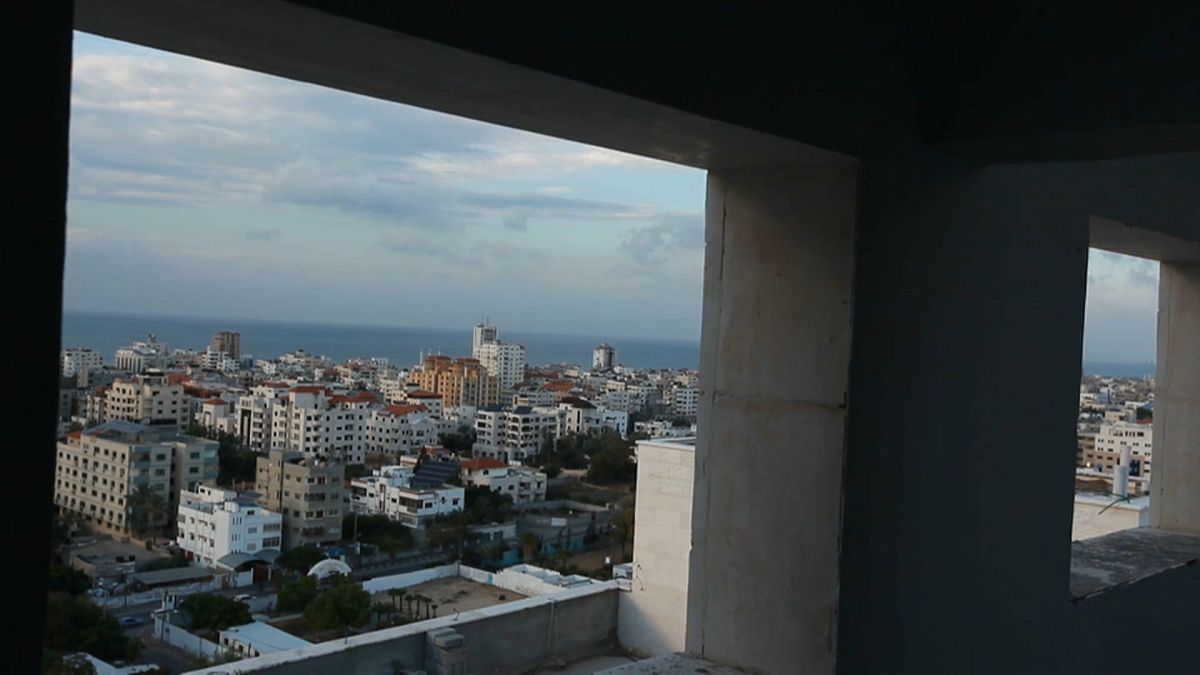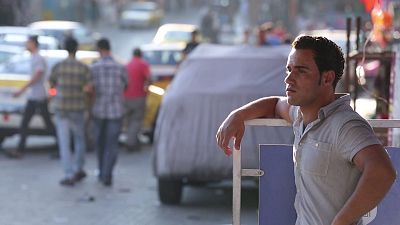Remote work offers hope to Gaza residents
Some 1.8 million Palestinians in Gaza remain ‘locked in’, denied free access to the remainder of the territory and the outside world. That's according to the United Nations' Office for the Coordination of Humanitarian Affairs (OCHA).
More than half of Gaza's residents - 53 percent, or 1.01 million people, including more than 400,000 children - live in poverty, on less than 4 euros a day.
Gaza's economy has been devastated since the 2007 blockade.
"There are official estimates of the unemployment rate in the Gaza Strip reaching between 43 and 44 percent overall with the youth unemployment at 50 to 60 percent," says economist Moeen Raja.
"As a result of the the blockade, there are no job opportunities. All doors to any productive or developmental work are closed, thus the employment opportunities have greatly reduced."
Gaza Sky Geeks is a Mercy Corps-funded tech accelerator that operates inside blockaded Gaza.
The incubator encourages Gazans to work remotely.
"Working remotely is a way of life for anyone with a certain skill or that can deliver it online," says Sky Geek's Saeed Habeeb.
"We all live here, see and suffer from our surroundings. University graduates face a daily suffocating siege that has destroyed most of the opportunities, there are no new jobs at all, and opportunities are gradually diminishing."
"I am a university student in the fourth level now," says Dalal Al-Aziz. "I know that when I graduate i won't have any job opportunities because I see all the former graduates are still unemployed."
"I work at home," explains Loay Qannan. "I just need a laptop, electricity, Internet and cell phone. These are basic needs, I can't work without them, so we face many difficulties here because of lack of electricity or the Internet."
An ongoing electricity crisis leaves Gaza residents with just a few hours of power a day.
Some years ago the UN warned that Gaza is expected to be unlivable by 2020. It now says living conditions are deteriorating even "further and faster" than predicted.



